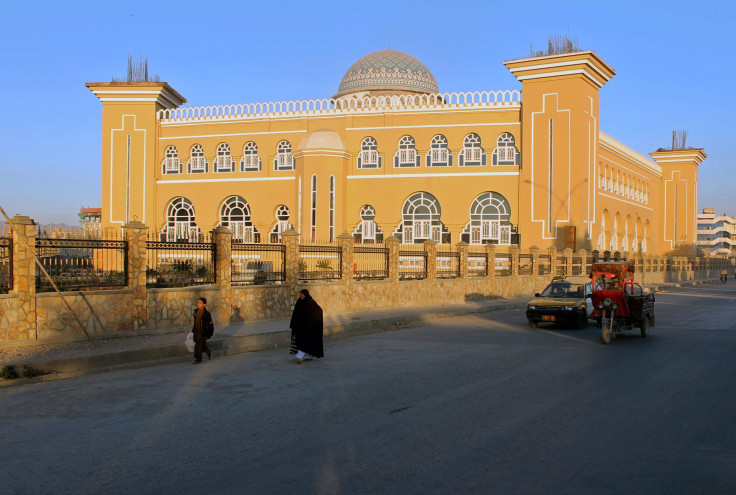Is Mullah Akhtar Mansour Alive? Taliban To Create Voice Recording To Prove Leader's Health

The Taliban continued to refute Friday reports that its leader, Mullah Akhtar Mohammad Mansour, was dead or injured after a shootout in Pakistan earlier this week. A spokesman for the extremist movement told the New York Times that reports of the death of Mullah Mansour, who was elected head of the Taliban in July, were "baseless, untrue propaganda of the enemy and intelligence agencies trying to sow confusion among the people."
"We have already put efforts into sending our men to get a voice recording of the emir himself in order to avoid the growing confusion and assure the people about his well-being,” spokesman Zabihullah Mujahid added. He previously said Mullah Mansour hadn't been in the area where the purported shooting took place.
His comments directly contradicted those of Sultan Faizy, who works for Afghanistan Vice President Abdul Rashid Dostum. Faizy told the Guardian Wednesday that Mullah Mansour had been shot Tuesday night while meeting with a Taliban commander -- an account repeated by other government officials who spoke on the condition of anonymity to various media outlets.
"Mansour was wounded and transferred to a hospital nearby. He is seriously injured. We are waiting for confirmation of his death,” Faizy said.
The insurgence group, which recently took control of the Afghan city of Kunduz for two weeks, experienced disagreement among its members in July after revealing that its leader, Mullah Muhammad Omar, had died in 2013. Some alleged Mullah Mansour covered up his predecessor's death, Reuters reported.
At least one expert expressed skepticism shortly after reports of the alleged Mullah Mansour shooting emerged. Borhan Osman, a writer for nonprofit research organization the Afghanistan Analysis Network, tweeted this week that it was easy for the media to believe rumors "spun as facts" by rival factions and backed by government intelligence services.
If the Afghan govt is qualified as a reliable source on things happening deep inside Taliban, it should also work the other way round
#media
— Borhan Osman (@Borhan) December 3, 2015Also,as a matter of the govt's record of lies on TB deaths: in Sep, it falsely claimed dt shadow governors for Kunduz & Badakhshan wr killed
— Borhan Osman (@Borhan) December 4, 2015© Copyright IBTimes 2024. All rights reserved.






















